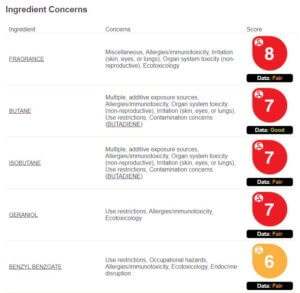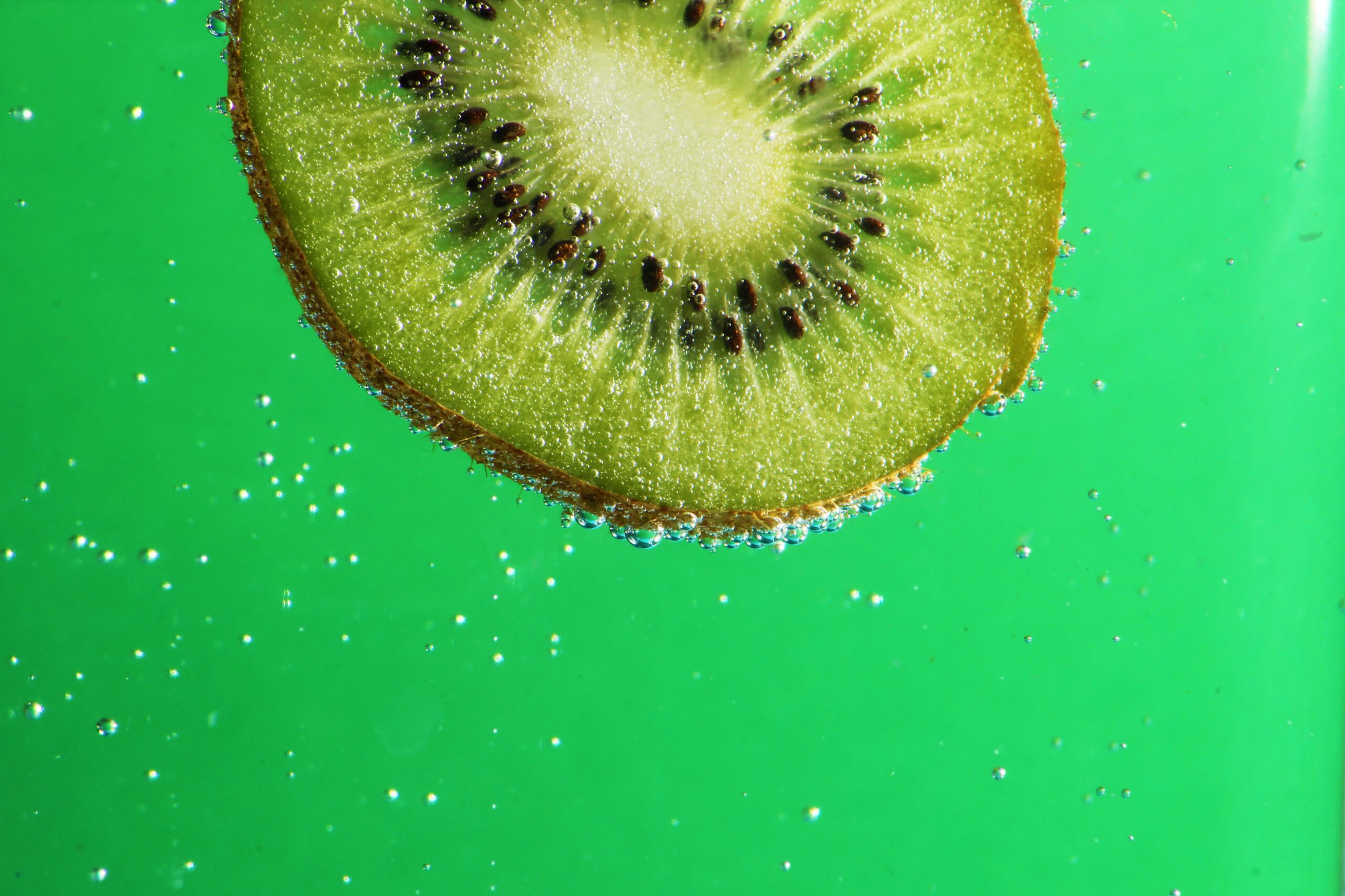Is Dry Shampoo Good For Your Hair?
Dry shampoo is all the rage. Proponents say that it has helped preserve their hair styles an extra day, reduced the frequency of traditional shampooing, and spared their hair from daily heat tools and damage. But if you’re a woman experiencing hair loss you may be wondering: Is dry shampoo good for your hair?

Dry shampoo isn’t really shampoo at all. It’s actually a powder that is used on dry hair to absorb excess oils and help to restore volume, making your hair appear clean. It’s important to note that not all dry shampoos are created equal. The ingredients used in dry shampoos can range from holy-toxic-%$@#!-storm to more benign and non-irritating. What’s important to consider when choosing a dry shampoo is: (1) Is dry shampoo a good choice for you and your hair, and (2) What are the ingredients in the dry shampoo you’re using and could they be doing more harm than good to your mane?
Is Dry Shampoo Good For Your Hair?
Before even considering a dry shampoo, it’s important to ask: is dry shampoo good for your hair? If you, for example, have a lot of scalp irritation (especially if you have eczema or psoriasis on your scalp) then dry shampoo may not be a good choice for you. Also, if you have been prescribed a topical treatment for your scalp you should consult with your doctor before using dry shampoo as it may affect that medication.
If there aren’t any issues with your scalp and you’d like to use a dry shampoo, the next question to ask is what are the ingredients in this dry shampoo and how will they affect my health and the health of my hair?
Here’s an example of two popular retail brands with their ingredients listed:
Batiste Original Dry Shampoo Ingredients: Butane, Isobutane, Propane, Oryza sativa starch, Alcohol denat., Parfum (Fragrance), Limonene, Linalool, Geraniol, Benzyl benzoate, Distearyldimonium chloride, Cetrimonium chloride.
Not Your Mother’ Clean Freak Unscented Dry Shampoo: Isobutane, Propane, SD Alcohol 40-B, Aluminum Starch Octenylsuccinate, Isopropyl Myristate, Silica.
YIKES! On the onset, the ingredient lists are pretty startling. Even without doing further research on the health impact of some of these chemicals, I think we can all agree that using propane on our hair is not a good choice.
When evaluating the safety of personal care products, its important not to rely on any marketing claims that a product may use as these are largely unregulated and don’t mean much. For example, even when you see a product labeled ‘unscented’ it doesn’t necessarily mean that its fragrance-free. Fragrance in general represent hundreds of chemicals that are known carcinogens and endocrine disruptors. Many holistic beauty experts agree that just avoiding products that contain ‘fragrance’ can dramatically reduce the number of harmful chemicals we’re exposed to. To learn about the actual safety of a product, I always suggest consulting with the Environmental Working Group’s Skin-Deep Cosmetic Database (they also have an amazing app for your phone). After evaluating the scientific data on each ingredient, they assign an overall product rating: 1 being the best rating a product can receive and 8 being the worst. I always try to use products rated at a 1 or 2 in order to reduce the amount of toxins I’m exposed to on a daily basis. Here’s how they evaluated the Batiste Original Dry Shampoo (which they assigned an overall rating of 6):

You can check out Not Your Mother’ Clean Freak Unscented Dry Shampoo rating here.
Dry Shampoo And Hair Loss
Is there a link between dry shampoo and hair loss? There have been reports linking the use of dry shampoos like those above to hair loss (also referred to as alopecia) – although after reviewing the toxic ingredients they include it’s somewhat less surprising. Something you have to understand is that our hair growth process is highly sensitive to hormones. When we use products that contain hormones mimickers called xenohormones they can disrupt our own hormones and conceivably also our hair growth.
Could less-toxic, more natural dry shampoos also cause hair loss? Although there isn’t much data on this, using very abrasive products, ones that are not the correct pH for our scalp, or that contain abrasive ingredients may theoretically be harmful to our hair by causing inflammation around the hair follicle or damage to the strands. This is part of the reason that I don’t prefer to use dry shampoos that contain baking soda (often referred to as sodium bicarbonate on ingredient labels). Although baking soda may be a great choice as a non-toxic way to brush your teeth or scour your bathtub, it’s often too abrasive and irritating to our hair. Another disadvantage of using baking soda-based dry shampoos is that it is an alkaline ingredient (a 9 on the pH scale) and our skin (yes, even the skin on our scalps) is happier being acidic.

So, to answer the question “Is dry shampoo good for your hair?” – the answer is *a conditional* yes. Provided you do not have scalp rashes or irritation and you avoid the more toxic or abrasive options on the market, dry shampoo may be a good way to reduce the amount of wear-and-tear your hair experiences with the typical wash-dry-style routine we put it through.
Download your FREE copy of my Natural Dry Shampoo Review ebook! (BONUS! All downloads include an exclusive hair clarifying rinse recipe.)



